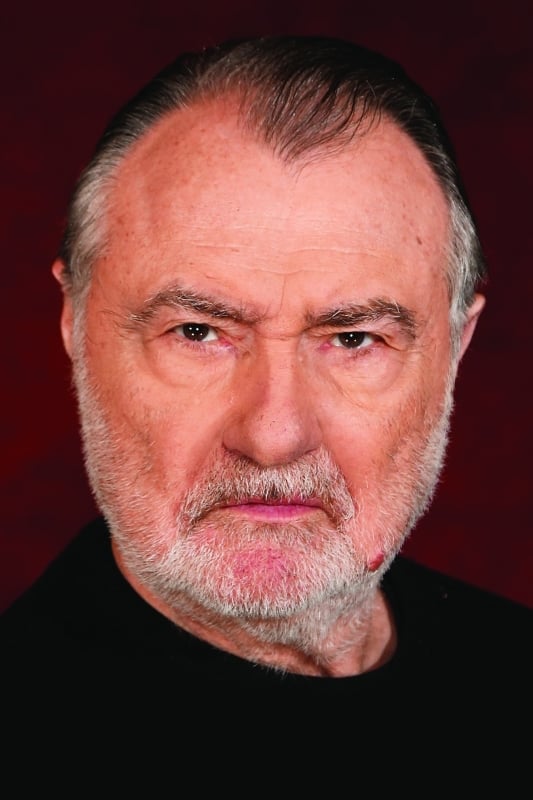
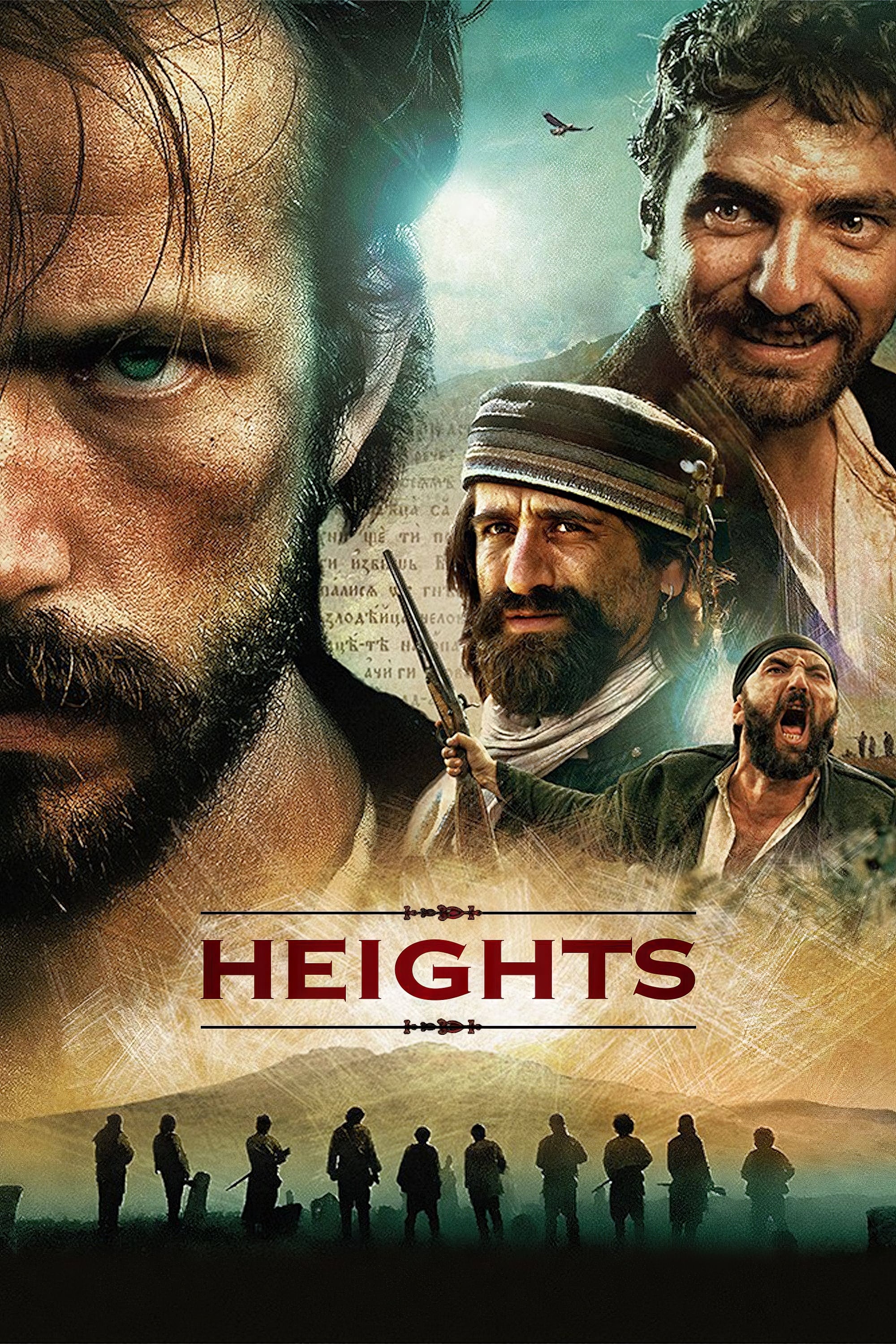
One of the most ambitious Bulgarian projects in recent years, Heights is an adaptation of Milen Ruskov's novel of the same name, published in 2011. The film explores the Bulgarian realities of the 1870s a few years before the war, that would liberate the country from the Ottoman occupation. Directed by Victor Bojinov and adapted by Neli Dimitrova, the story follows Gicho a young man in a revolutionary group led by Dimitar Obshti, a real-life revolutionary fighting against the Turks. After a successful train robbery Obshti entrust Gicho with a special mission: to deliver a letter to Vasil Levski, the country's most famous freedom fighter, now considered hero and dubbed The Apostle of Freedom.
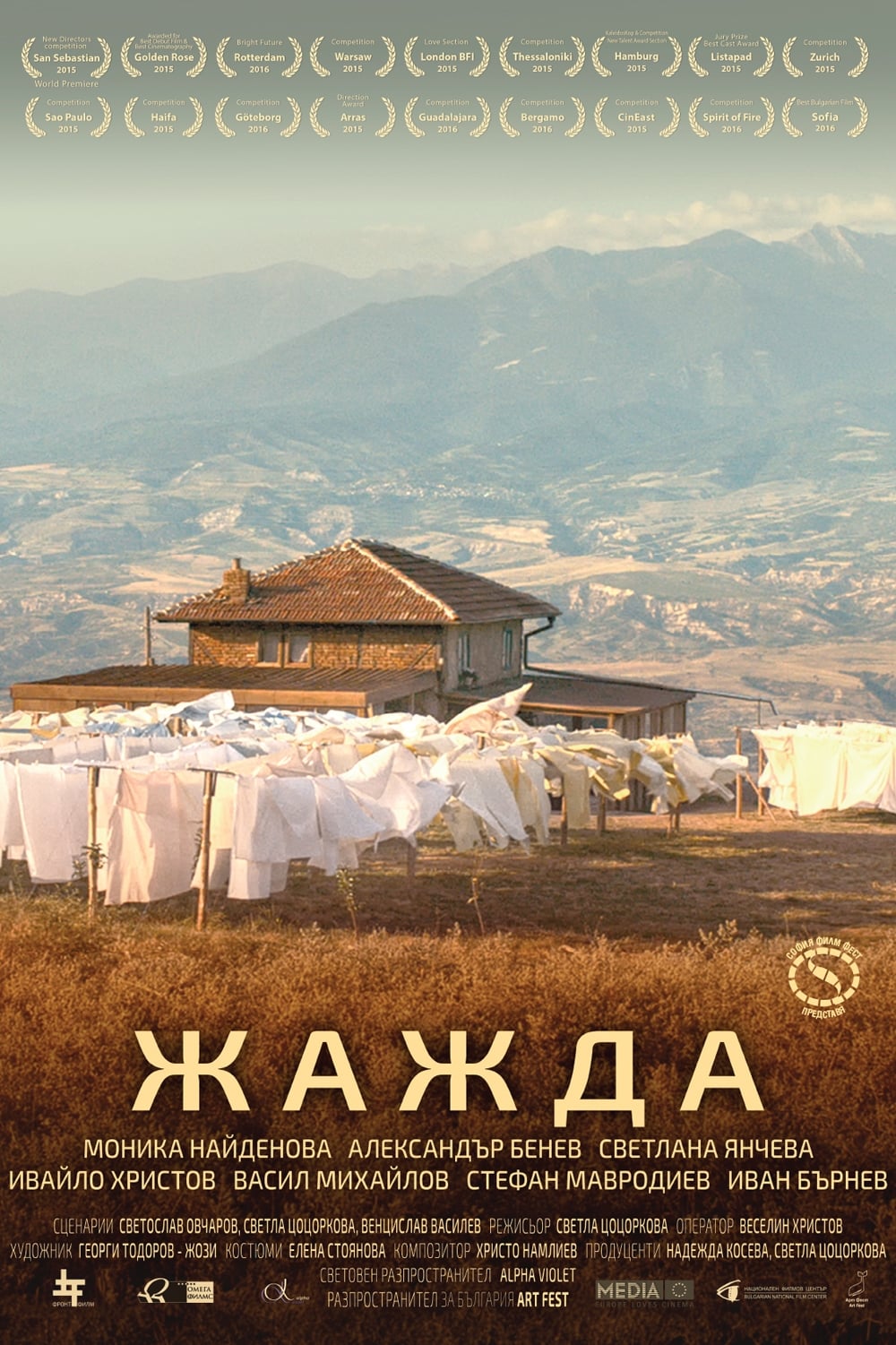
A couple and their teenage son eke out a living on a hilltop, doing the laundry for local hotels, despite the intermittent water supply. Their simple life is overturned by the arrival of a father-and-daughter team of diviner and well-digger, who promise to bring an end to this precarious existence by finding a source on their arid hill. But ultimately, these newcomers quench a thirst far greater than than the simple need for water.
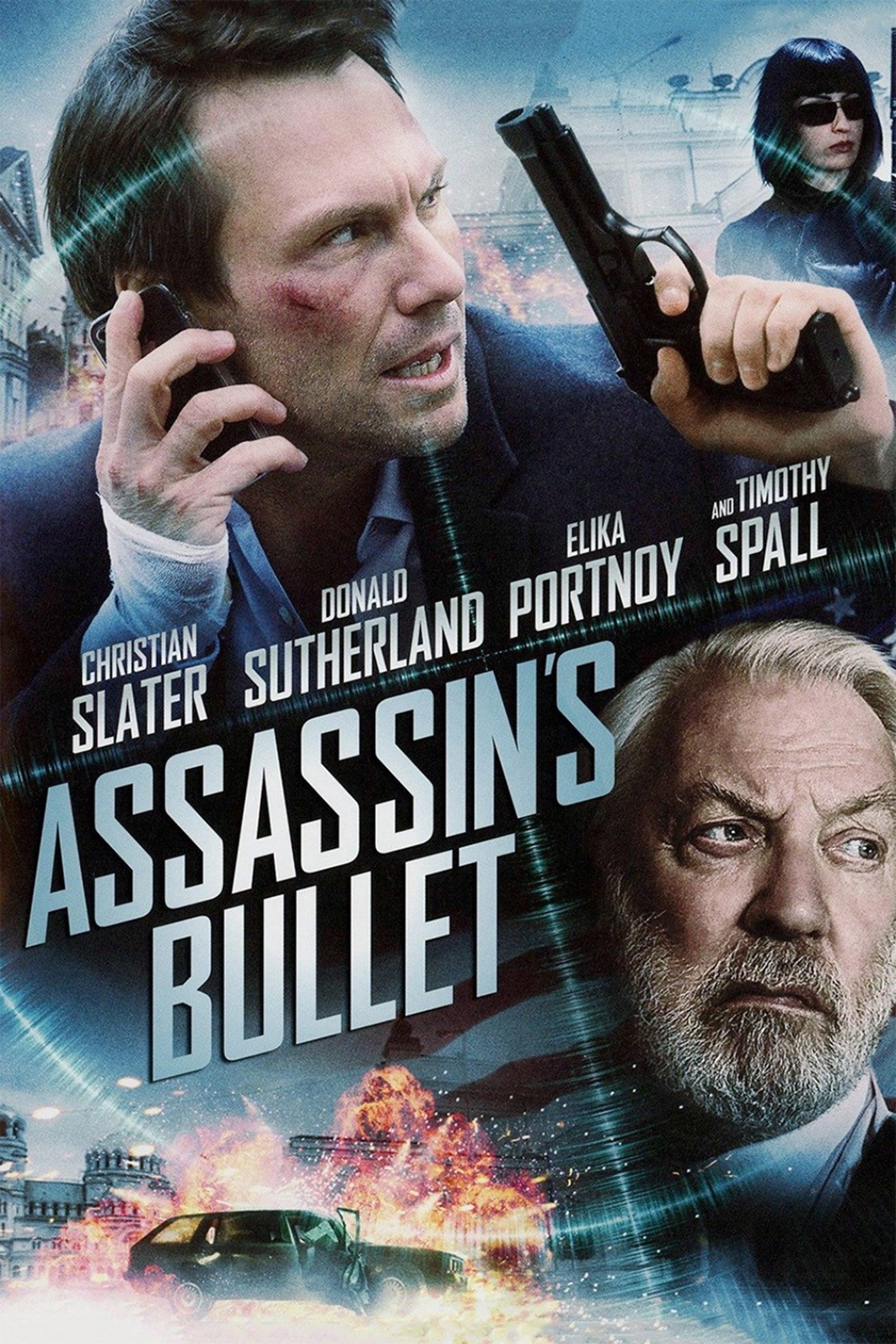
In Assassin's Bullet, Slater plays Robert Diggs, a black ops agent who comes to work for Ambassador Ashdown (Hunger Games star Donald Sutherland), tracking down a vigilante assassin in Eastern Europe. The maverick hit(wo)man has been taking out high-profile targets on the U.S. hit list, and Diggs must uncover the killer's identity before there's an international incident. The usual game of cat and mouse ensues.
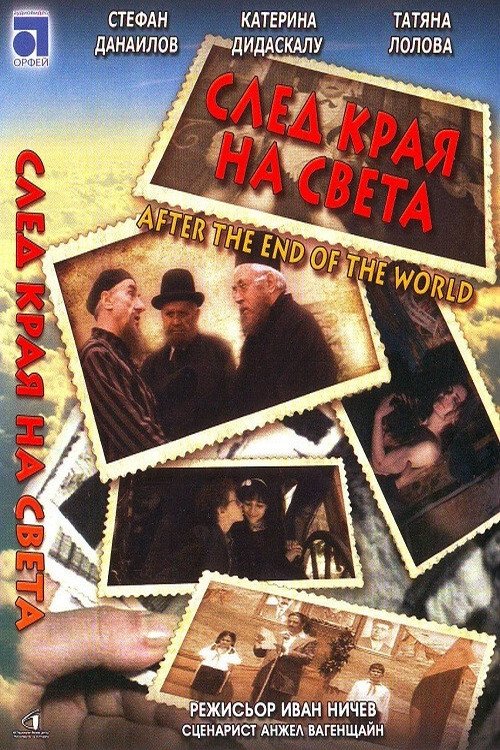
Two friends (Katerina Didaskalo, Stefan Danalyov) are separated when their village is divided by Communism, but they meet again 40 years later and begin having an affair.
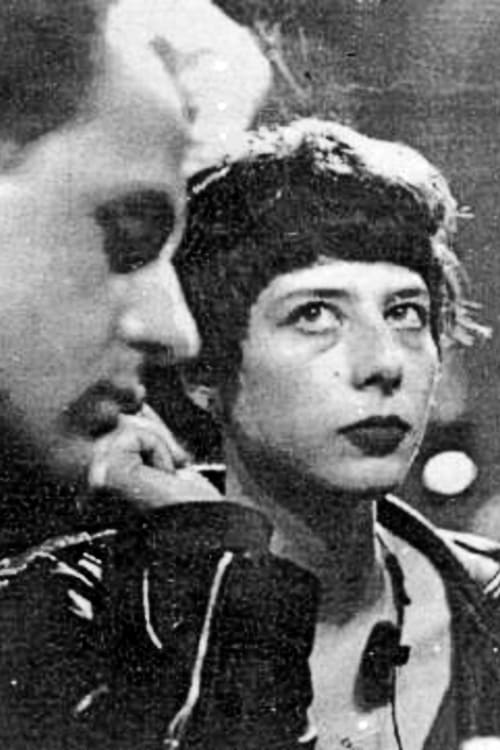
The film depicts the incredible metamorphosis of a clerk whose sense of identity and pride are reawakened by an unexpected development.
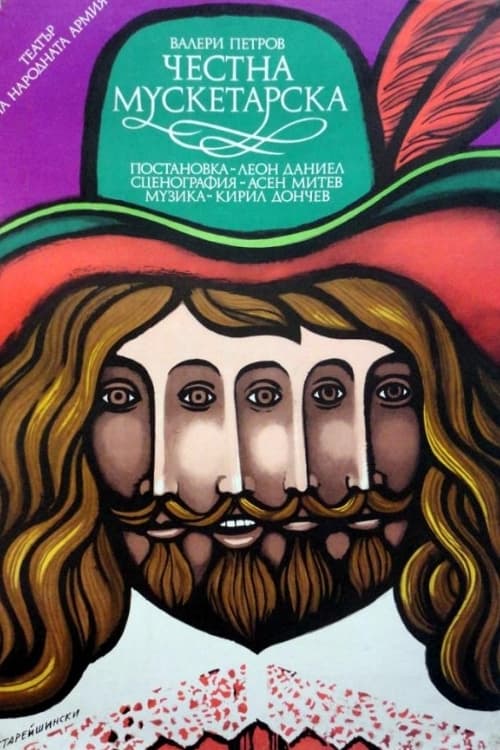
Athos, Porthos, Aramis and D'Artagnan remember their youth and adventures, long battles and amorous adventures, they feel sorry for their Captain de Treville and do not lose sight of their eternal enemy - the Cardinal.
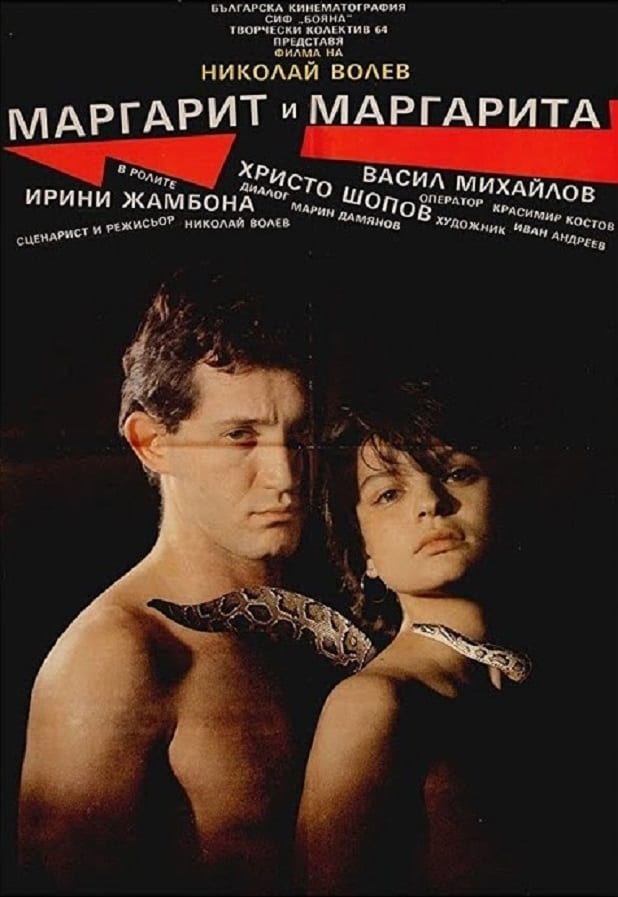
A pair of rebellious high school students get thrown out of home and school, then drift from job to job. Bulgaria's submission for the Academy Award for Best Foreign Language Film in 1990
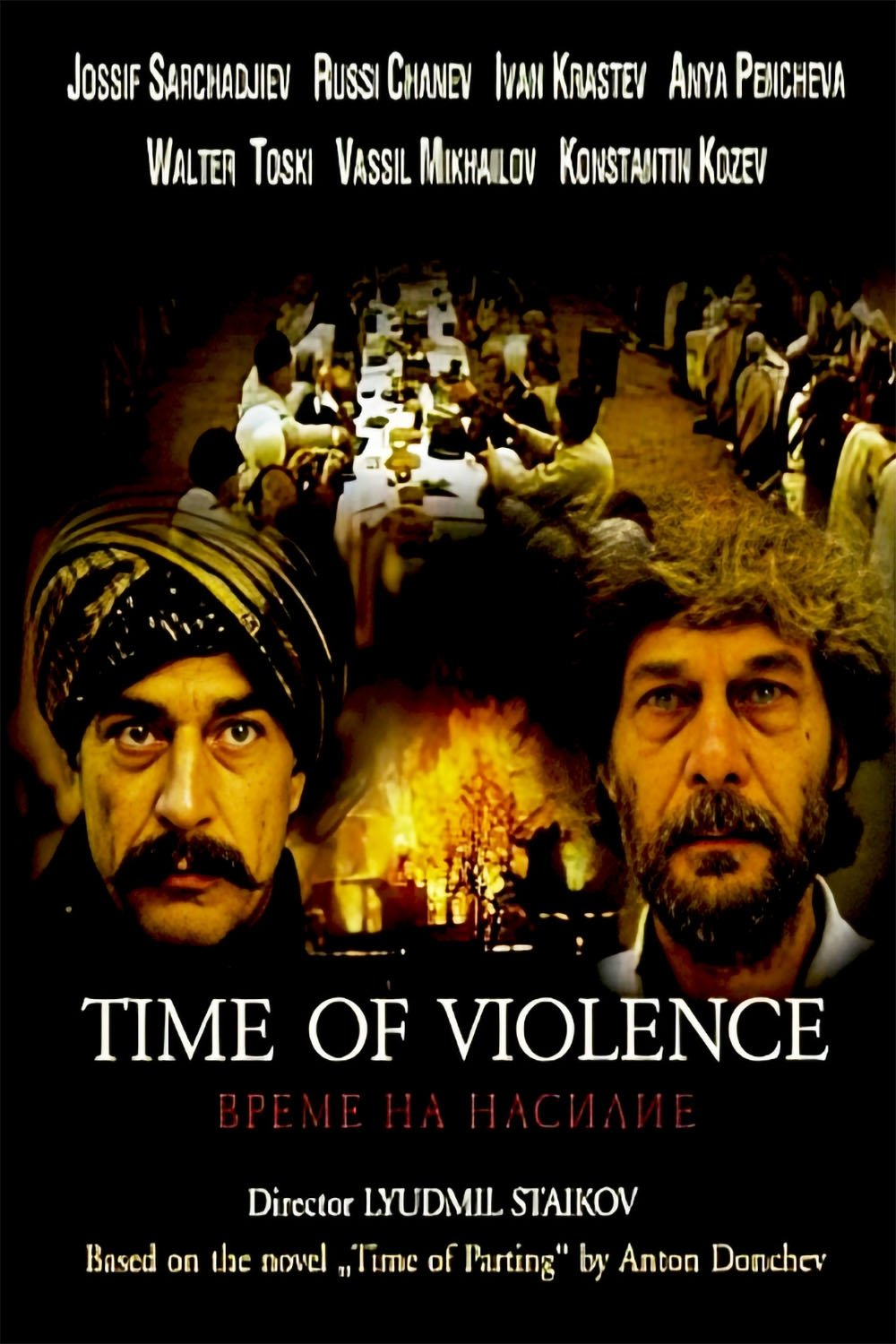
In the 17th century, a Bulgarian Christian region is selected by the Ottoman rulers to serve as an example of conversion to Islam. A Janissary who was kidnapped from the village as a boy is sent to force the reluctant inhabitants to convert. The Turkish governor seeks a peaceful solution, but ultimately torture, violence, and rebellion break out.
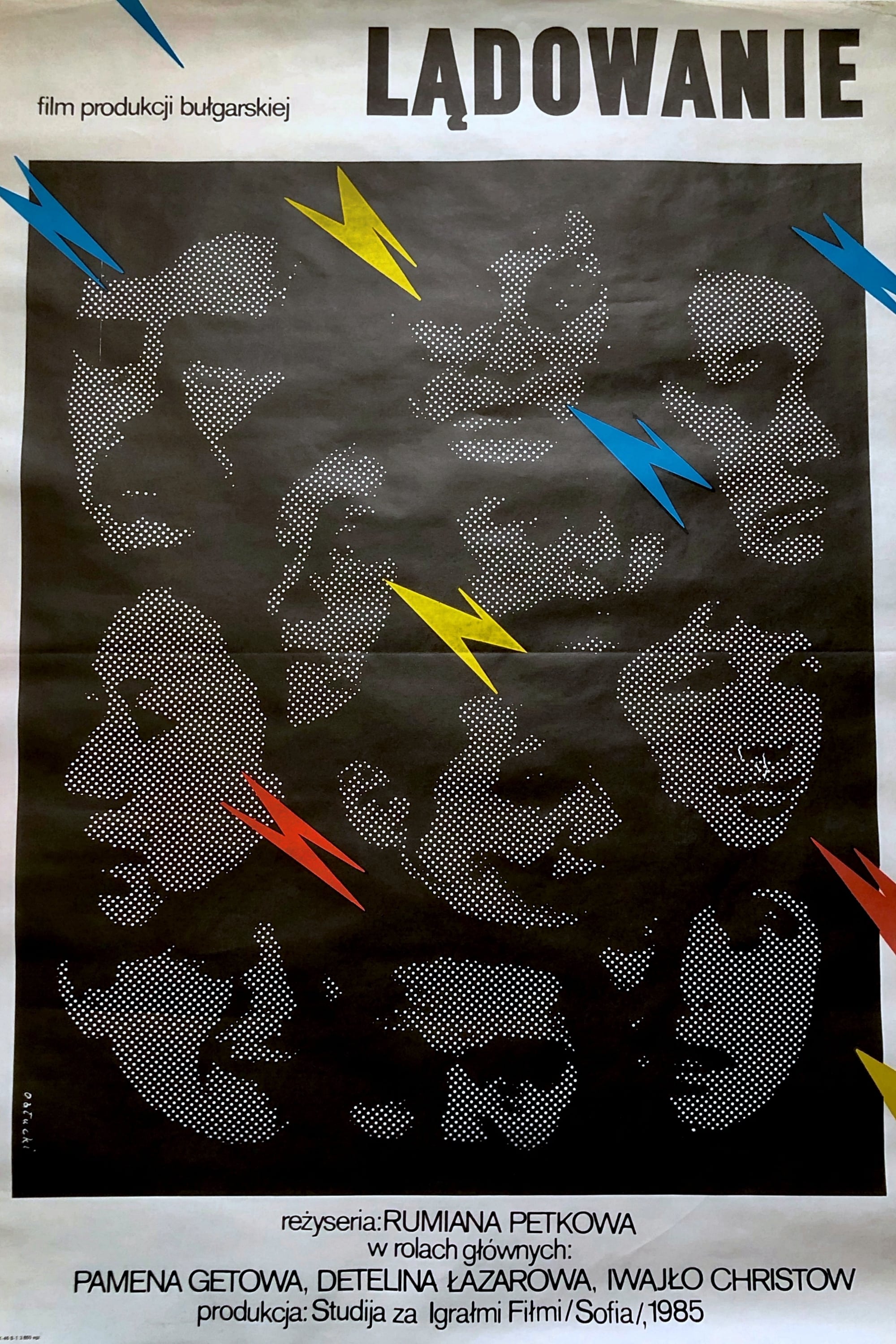
In the busy everyday life of an emancipated and seemingly content woman, a "crisis of awareness" occurs from a random incident.
By browsing this website, you accept our cookies policy.